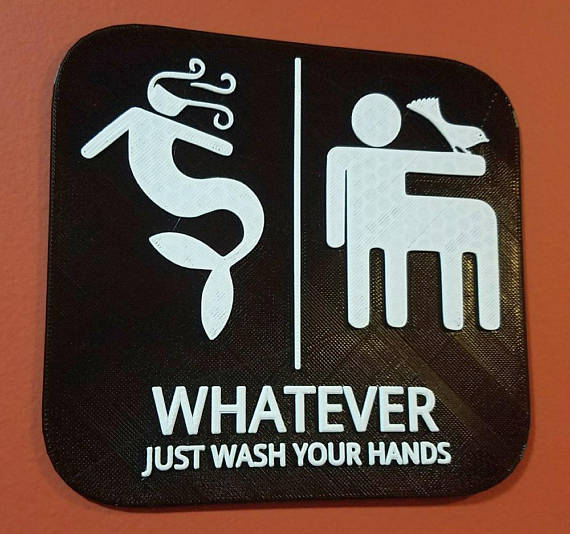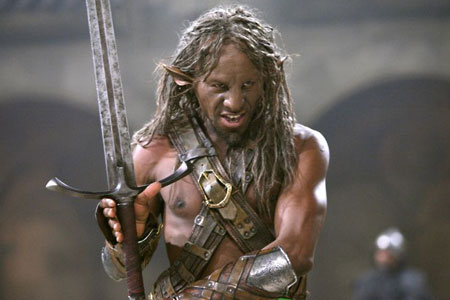- Jan 25, 2009
- 19,765
- 1,429
- Faith
- Oriental Orthodox
- Marital Status
- Private
- Politics
- US-Others
Have to say, even though I was never into books like Harry Potter for a myriad of reasons, that I absolutely LOVED the concept behind "Fantastic Beasts and Where to Find Them." Guessing it was the Zoologist in me that loved the concept of collecting mythological creatures which were endangered (or forgotten) and helping them out.
The concept of a magizoologist is intriguing to me because the concept of studying mythological creatures is fascinating, especially seeing how certain creatures you'd see in things like "The Chronicles of Narnia" by C.S. Lewis or "Lord of the Rings" were not feared by Christians in antiquity. It was simply another life form, just as the angelic realm had several types of angels (Including those with chariots driven by horses made of fire). The world of Narnia is populated mainly by talking animals. But it also includes mythological creatures and figures, such as fauns, nymphs, dryads, Bacchus, and Silenus from the Greek and Roman traditions, and dwarfs and giants from Norse mythology. In the ancient world, to see such things was not a surprise. What mattered more than anything else was the messages they brought with them.
And I have to say that it perplexes me whenever I talk to Christians and think "Am I one of the only folks believing it's MORE than possible for God to have created a world of diversity that includes creatures we don't know how to categorize?"
I read through Genesis 1 where it describes the beasts of the field/all creatures in the seas made - and I honestly do not see why we assume that other things in God's creation (besides man) have to lack intelligence. Angels are not human and yet they have intelligence, so being made in the Image of God does not mean only mankind has rational thought or intelligence in the universe. The concept of other mythological creatures with thought and a range of development, from a griffin to a dragon - or even something as crazy as mermaids/fairies or elves - that does not really throw me off. There are lots of things we are not given awareness of and may not know till the other side of life past the grave.
As said best elsewhere (What History Says About 'Fantastic Beasts and Where to Find Them' ):
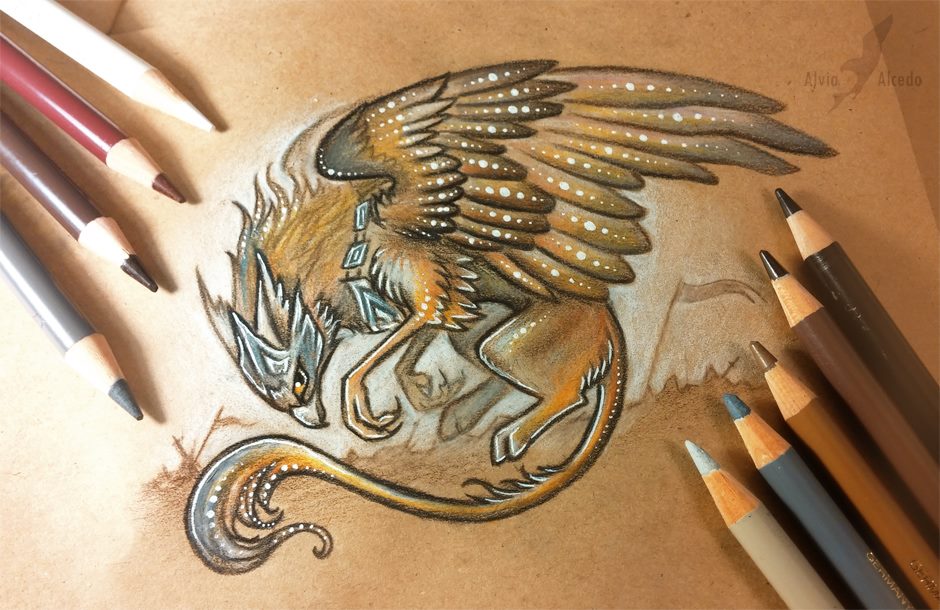
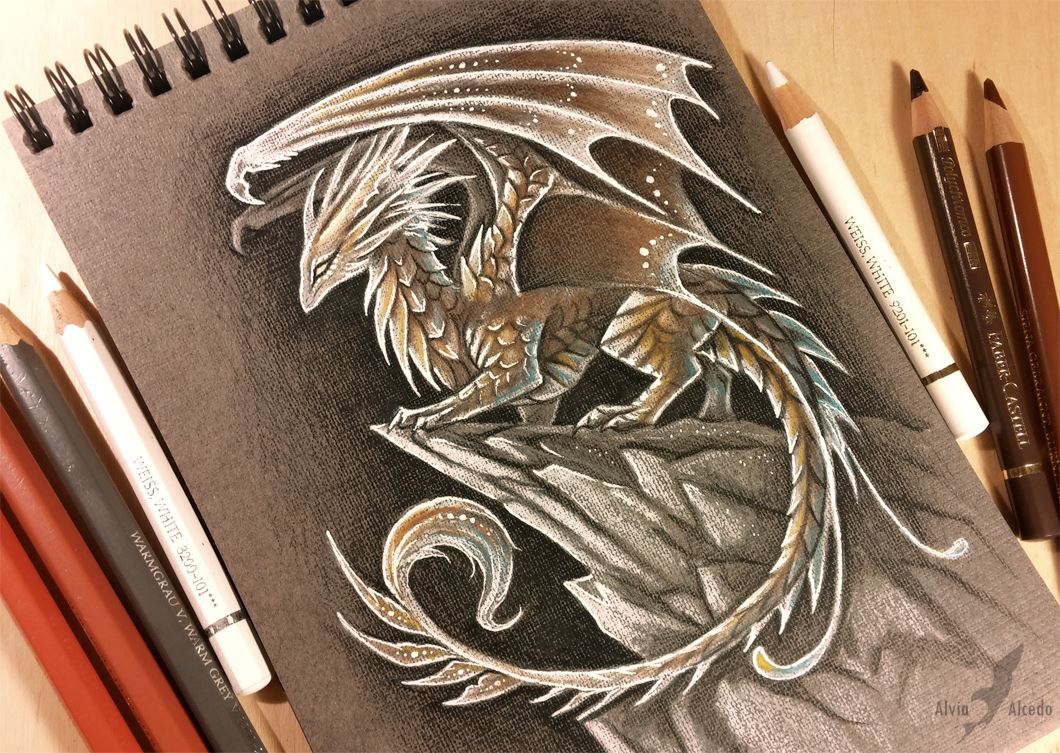
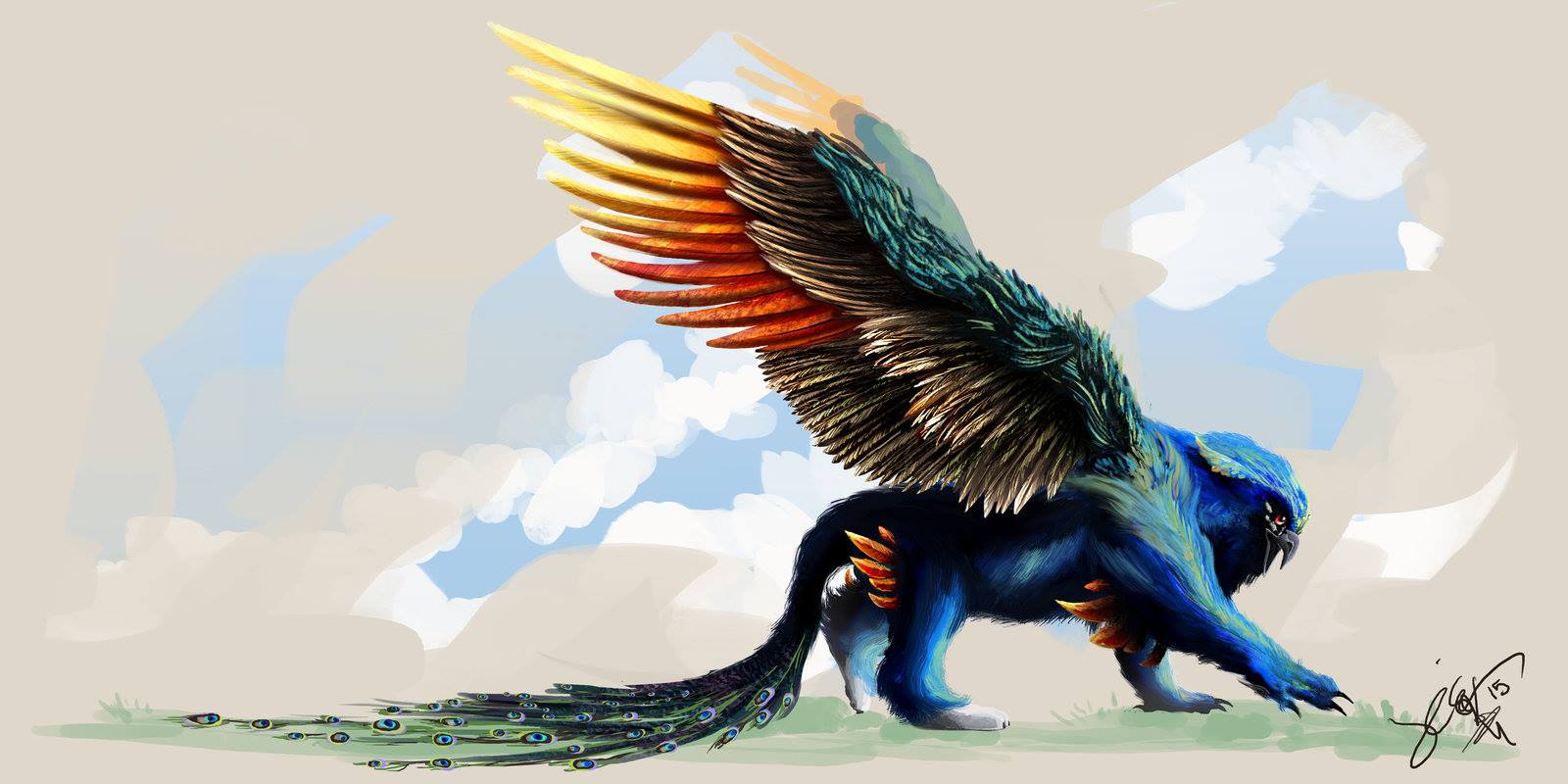
The concept of a magizoologist is intriguing to me because the concept of studying mythological creatures is fascinating, especially seeing how certain creatures you'd see in things like "The Chronicles of Narnia" by C.S. Lewis or "Lord of the Rings" were not feared by Christians in antiquity. It was simply another life form, just as the angelic realm had several types of angels (Including those with chariots driven by horses made of fire). The world of Narnia is populated mainly by talking animals. But it also includes mythological creatures and figures, such as fauns, nymphs, dryads, Bacchus, and Silenus from the Greek and Roman traditions, and dwarfs and giants from Norse mythology. In the ancient world, to see such things was not a surprise. What mattered more than anything else was the messages they brought with them.
And I have to say that it perplexes me whenever I talk to Christians and think "Am I one of the only folks believing it's MORE than possible for God to have created a world of diversity that includes creatures we don't know how to categorize?"
I read through Genesis 1 where it describes the beasts of the field/all creatures in the seas made - and I honestly do not see why we assume that other things in God's creation (besides man) have to lack intelligence. Angels are not human and yet they have intelligence, so being made in the Image of God does not mean only mankind has rational thought or intelligence in the universe. The concept of other mythological creatures with thought and a range of development, from a griffin to a dragon - or even something as crazy as mermaids/fairies or elves - that does not really throw me off. There are lots of things we are not given awareness of and may not know till the other side of life past the grave.
As said best elsewhere (What History Says About 'Fantastic Beasts and Where to Find Them' ):
___________________________________________________________
"Stephen Asma, a professor of philosophy at Columbia College Chicago and author of On Monsters, says that the connection goes all the way back to the idea that there would be a Fantastic Beasts book that Harry Potter might read at school. Such a compendium of creatures is a very old concept, started in the ancient world.
“Aristotle was writing about 'fantastic beasts' in the Hellenic period,” he says, referring to the Greek philosopher’s Historia Animallium. In the movie, Scamander’s beasts are feared by nearly everyone but himself. Asma sees another connection there: he says that terror about mystical creatures wasn’t that big of a thing in Aristotle’s time. Initially, Greek and Roman cultures were interested in supernatural creatures because they were surprising and different, but their myths didn't position such animals as dangerous or demonic. That came later, in the Medieval period and into the dawn of Christianity, as older monster myths met the stories of the Bible. "Whenever you see monsters described in the medieval period and into the 1600s," Asma says, "you’ll often see them said to be the descendants of Cain, and a good example of this is in Beowulf.” (The Old English poem features a villain named Grendel who is referred to as the "kin of Cain.")
“So this makes monsters in the Christian tradition pretty much all evil. What I like about Rowling is she’s going back to this other notion of monsters,” Asma says. “That they’re just creatures like us trying to get through life, and we can befriend them and they can help us and we can help them.”
___________________________________________________________
"Stephen Asma, a professor of philosophy at Columbia College Chicago and author of On Monsters, says that the connection goes all the way back to the idea that there would be a Fantastic Beasts book that Harry Potter might read at school. Such a compendium of creatures is a very old concept, started in the ancient world.
“Aristotle was writing about 'fantastic beasts' in the Hellenic period,” he says, referring to the Greek philosopher’s Historia Animallium. In the movie, Scamander’s beasts are feared by nearly everyone but himself. Asma sees another connection there: he says that terror about mystical creatures wasn’t that big of a thing in Aristotle’s time. Initially, Greek and Roman cultures were interested in supernatural creatures because they were surprising and different, but their myths didn't position such animals as dangerous or demonic. That came later, in the Medieval period and into the dawn of Christianity, as older monster myths met the stories of the Bible. "Whenever you see monsters described in the medieval period and into the 1600s," Asma says, "you’ll often see them said to be the descendants of Cain, and a good example of this is in Beowulf.” (The Old English poem features a villain named Grendel who is referred to as the "kin of Cain.")
“So this makes monsters in the Christian tradition pretty much all evil. What I like about Rowling is she’s going back to this other notion of monsters,” Asma says. “That they’re just creatures like us trying to get through life, and we can befriend them and they can help us and we can help them.”
___________________________________________________________





 My favorite fringe theory is the one by which alien abductions are just a modern update of fairy abductions, and there is and has always been something else here with us, just out of reach...
My favorite fringe theory is the one by which alien abductions are just a modern update of fairy abductions, and there is and has always been something else here with us, just out of reach...
